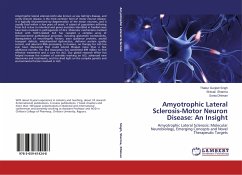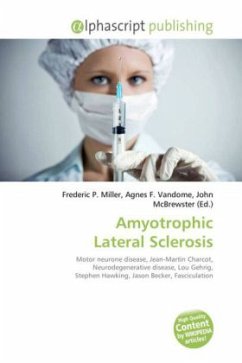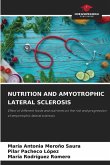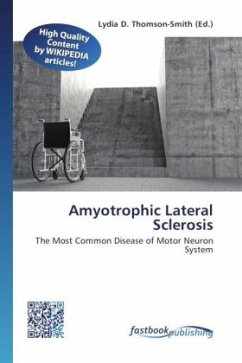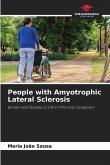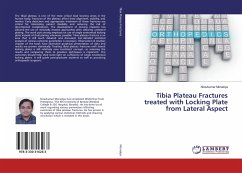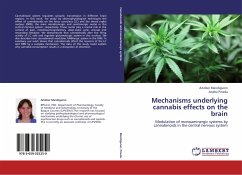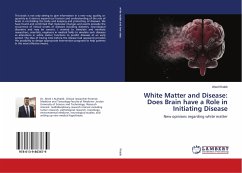Amyotrophic lateral sclerosis (ALS) also known as Lou Gehrig's disease, and rarely Charcot disease, is the most common form of motor neuron disease. It is typically characterized by degeneration of the motor neurons, and is usually fatal within a few years of onset. A subset of population suffering from ALS is due to inherited and genes mutation identified in familial cases have been involved in pathogenesis of ALS. Molecular mechanisms involved linked with SOD1-related ALS has revealed a complex array of interconnected pathological processes, including glutamate excitotoxicity, dysregulation of neurotrophic factors, axon guidance proteins, axonal transport defects, mitochondrial dysfunction, deficient protein quality control, and aberrant RNA processing. In humans, no therapy for ALS has ever been discovered that could extend lifespan more than a few additional months. The ALS Association has committed $99 million to find effective treatments and a cure for ALS. Our global research effort has helped increase the number of scientists working on ALS, advanced new discoveries and treatments, and has shed light on the complex genetic and environmental factors involved in ALS.
Bitte wählen Sie Ihr Anliegen aus.
Rechnungen
Retourenschein anfordern
Bestellstatus
Storno

